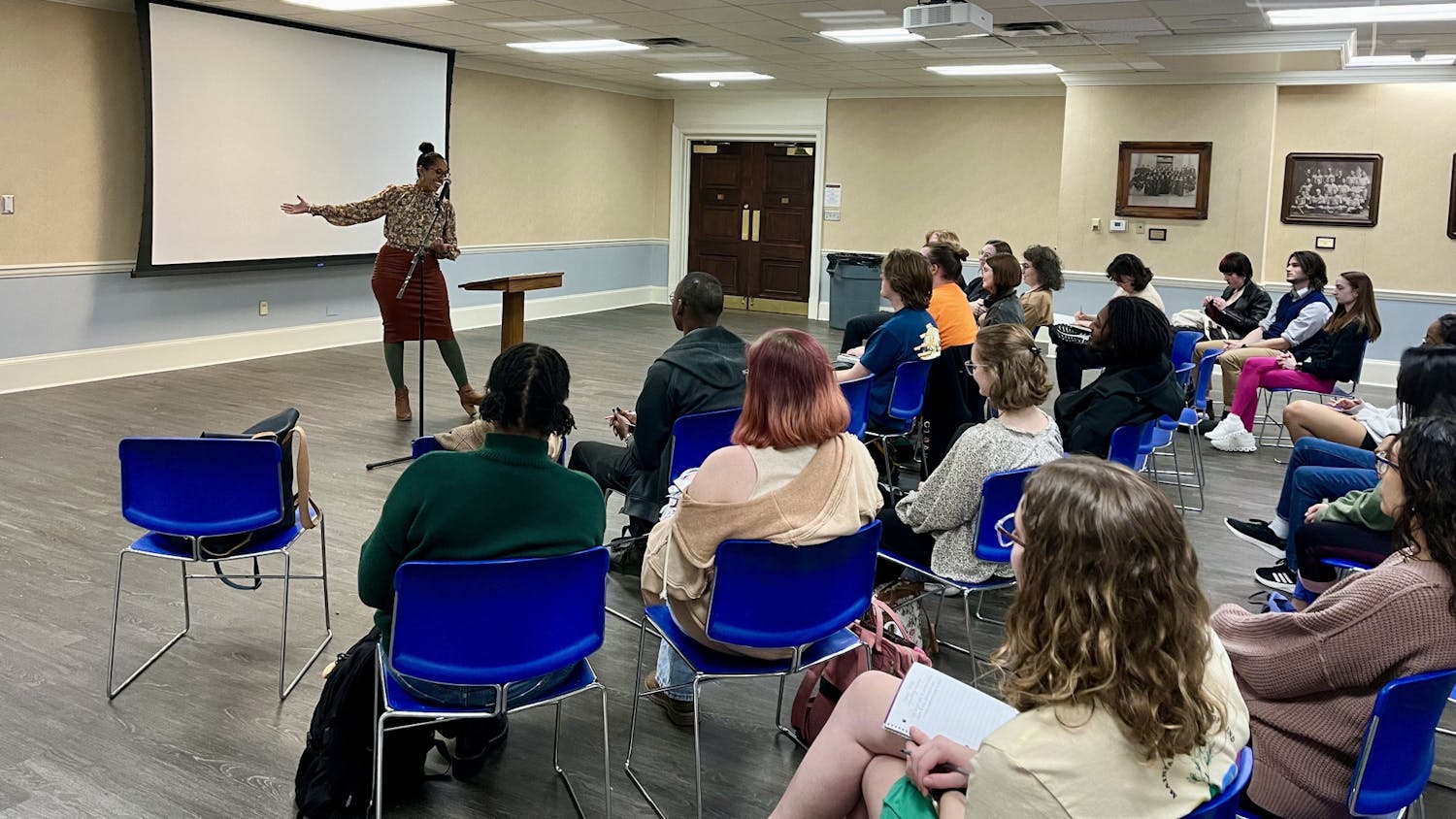I’ve been a Weezer fan for years. Probably for about a decade, to be honest. Their self-titled debut record and Pinkerton are some of the most important records in my life. But a few years ago, Weezer released Raditude, the latest in a series of records representing a severe decline in quality for the once great band. At the time, I was so frustrated by this series of records that in the pages of the Cluster, I formally broke up with the band, promising never to listen to any future releases by the band.
But since then, a few things have changed. I was curious about their latest record, Hurley. I saw them live at DeLuna Fest and they completely blew me away. I’ve started to miss the band that I once loved. I’m not hankering to hear The Red Album again, but I think it’s time that I rediscover my favorite record of their records, Pinkerton. I want to find out what made it so special in the first place. In short, I’m getting back with my ex.
And my after listening to it all the way through for the first time in a long time, all I can think is “My god, this is a good record.” Pinkerton was a commercial failure when it was first released, and plenty of fans scorned it for skewing away from the hook-laden power pop of their debut.
And it certainly did abandon most of the cute whimsy of their first record, but I think that’s the record’s strongest point. It’s a dark, somewhat alienating album about self-loathing and the pressures of success, all from a band of dudes best known for singing about sweaters and Mary Tyler Moore. And I love it more than anything.
It starts off with a bang in “Tired of Sex.” The guitars squeal with feedback before the band launches into the increasingly raucous synth-led song. “Buddy Holly” this ain’t. By the end of the first chorus, Rivers Cuomo is screaming straight into the microphone, taking out all his frustrations on the listener. It’s as visceral and immediate as anything Black Flag ever recorded.
The album never lets up the frantic pace as it continues onto “Getchoo.” Blue Album-era Weezer would have played this song straighter, quieter, and with a greater emphasis on poppy hooks. And make no mistake, those hooks are there, but the band spends most of the song covering them up in dirt, grime, and shame. But all the beauty is in that grime, grime that carries over into the album’s other tracks like “Why Bother,” “The Good Life,” and “El Scorcho.”
I’m could talk about “El Scorcho” for the rest of my life, because I sincerely believe it’s one of the best rock songs ever recorded. It’s written so differently from the standard pop song, but is still instantly recognizable and incredibly catchy, the lyrics are immediately relatable to everyone that’s ever had a crush on someone out of their league, and the guitar solo is one of the most expressive that anyone has ever written. In a better world, “El Scorcho” would have been the number one hit of 1996. But we don’t live in that better world. We live in the one where Weezer wrote “Can’t Stop Partying.”
But honestly, it doesn’t matter what Weezer has done lately. None of that affects this record. Pinkerton is never going away, and no one can stop that. As bland and uninspired as their new songs are, we still have this one, completely perfect album.
So they can do whatever they want now. Team up with Kenny G, butcher every Radiohead track in the world, I don’t care. I have Pinkerton, and nothing can change that.
Classic or catastrophe: An absolute classic




